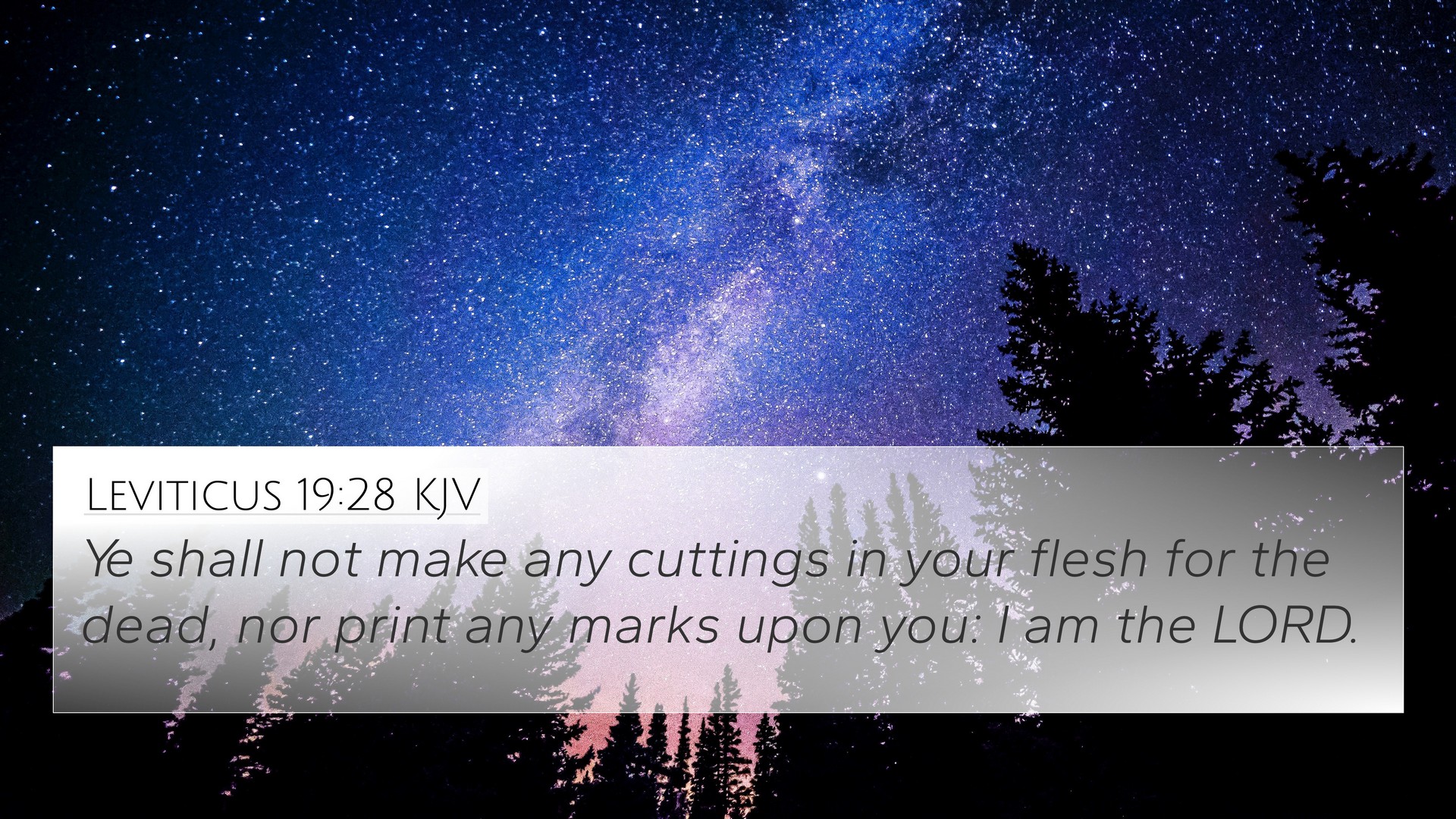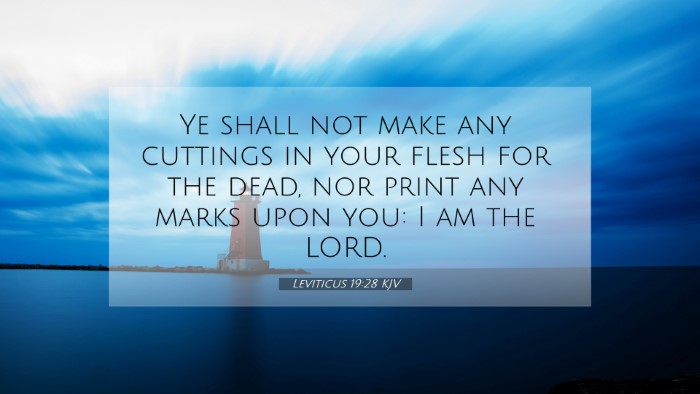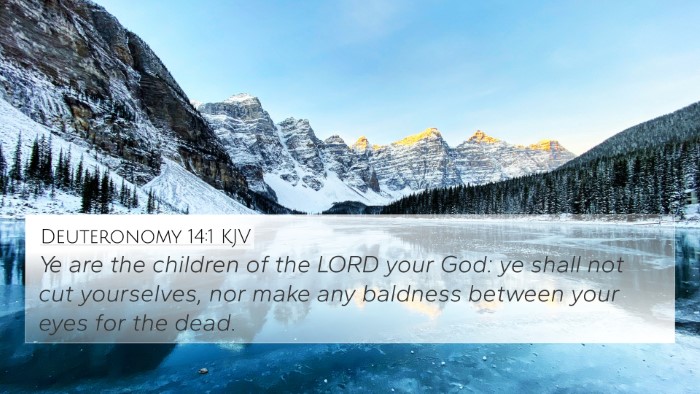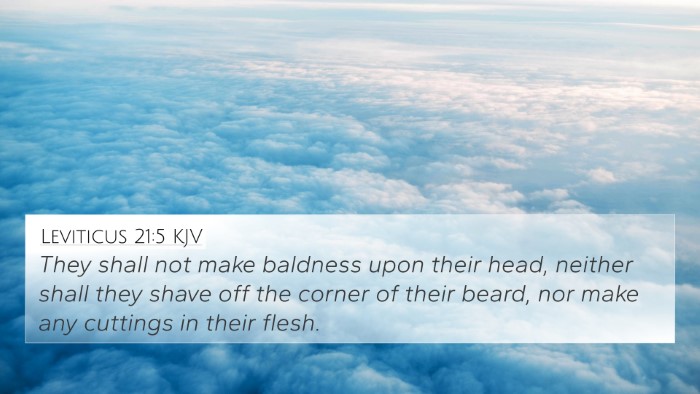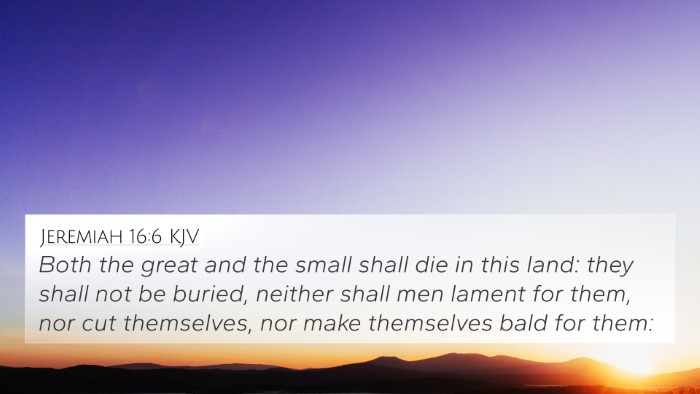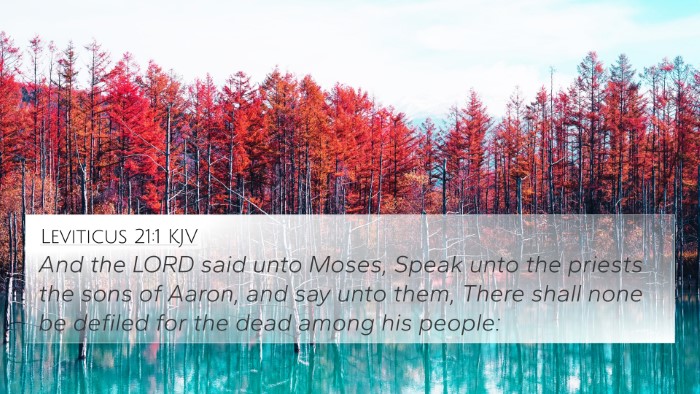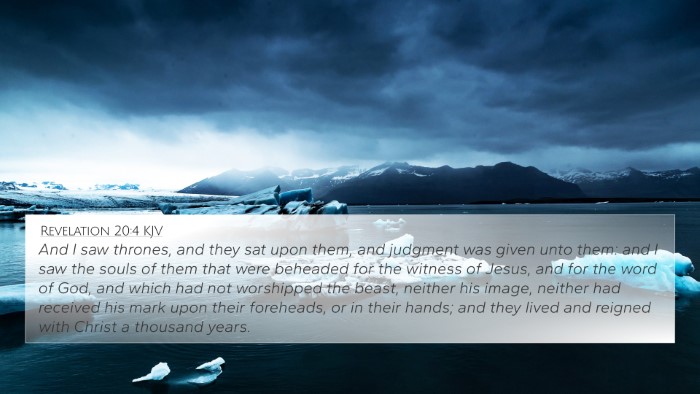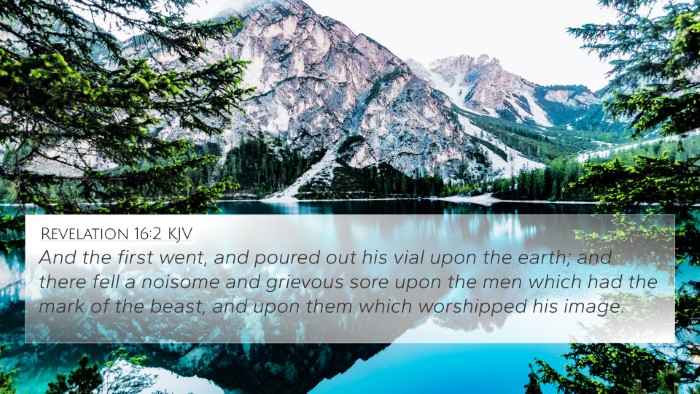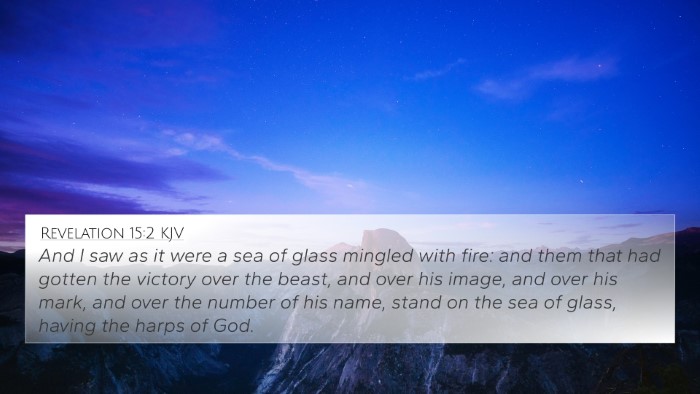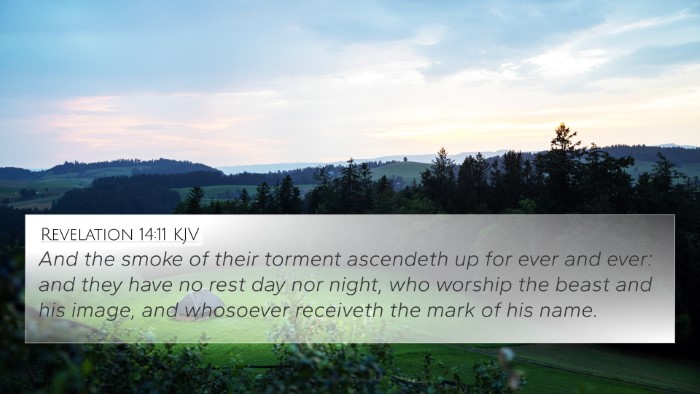Understanding Leviticus 19:28
Leviticus 19:28 states, "You shall not make any cuts on your body for the dead or tattoo yourselves: I am the Lord." This verse contains significant instruction regarding the conduct and appearance of the Israelites, emphasizing the importance of holiness and devotion to God.
Contextual Analysis
The surrounding chapters of Leviticus detail various laws given to the Israelites to set them apart as God's chosen people. These laws cover ceremonial, moral, and social guidelines that form the basis of a covenant relationship with God. This particular verse addresses body modification practices that were common in surrounding pagan cultures, thereby establishing a distinction between the Israelites and their neighbors.
Theological Insights
- Holiness Under God: Matthew Henry notes that this command reflects God's desire for His people to be holy. The physical body is seen as a temple of the Holy Spirit, and any form of defilement through tattoos or markings is discouraged.
- Rejection of Pagan Practices: Adam Clarke emphasizes that the practices referenced in Leviticus were often linked to mourning rituals for the dead, common in idolatrous societies. Therefore, this prohibition serves to separate the Israelites spiritually from such gods.
- Body Integrity: Albert Barnes comments on the deep respect for the human body in biblical teaching, arguing that it reflects God's image. Marking the body is a form of disrespect towards this divine creation.
Biblical Cross-References
- 1 Corinthians 6:19-20 - "Or do you not know that your body is a temple of the Holy Spirit within you, whom you have from God?" This passage reinforces the concept that the body is sacred and should be treated with respect.
- Deuteronomy 14:1 - "You are the sons of the Lord your God; you shall not cut yourselves or make any baldness on your foreheads for the dead." This earlier instruction mirrors Leviticus 19:28, highlighting the continuity of God’s laws regarding body modifications.
- 1 Peter 1:16 - "Since it is written, 'You shall be holy, for I am holy.'" This New Testament affirmation connects the Old Testament call for holiness with the life of believers today.
- Romans 12:1 - "I appeal to you therefore, brothers, by the mercies of God, to present your bodies as a living sacrifice, holy and acceptable to God." This verse encourages believers to honor God with their bodies in a similar vein to Levitical laws.
- Ephesians 5:29 - "For no one ever hated his own flesh, but nourishes and cherishes it, just as Christ does the church." This indicates a biblical principle of care for one’s body.
- Jeremiah 10:2 - "Thus says the Lord: Learn not the way of the nations, nor be dismayed at the signs of the heavens because the nations are dismayed at them." This verse warns against adopting practices from pagan nations, resonating with the prohibition in Leviticus.
- Galatians 5:19-21 - Lists acts of the flesh, which includes behaviors and practices that deviate from God's standards, such as idolatry and sorcery.
Conclusion and Reflection
Leviticus 19:28 offers a profound insight into God's expectations for His people. The prohibition against tattoos and body modifications is not merely about physical appearance; it symbolizes a deeper principle of holiness, respect for the body, and a clear distinction from pagan traditions. As believers reflect on this command, they are encouraged to view their own bodies as instruments of worship, dedicated to glorifying God in all aspects of their lives.
This understanding can enhance one’s Bible study, revealing the thematic connections across both Testaments. By applying tools for Bible cross-referencing and identifying connections, believers can gain a comprehensive view of how these teachings relate and the timeless principles they embody.
Additional Tools for Cross-Referencing
Readers interested in exploring thematic Bible verse connections should consider utilizing various Bible reference resources, such as:
- Bible concordances for identifying related verses.
- Bible cross-reference guides to trace connections.
- Cross-reference Bible study methods for a deeper understanding.
- Bible chain references to explore interrelated themes.
- Comprehensive Bible cross-reference materials for thorough analysis.
